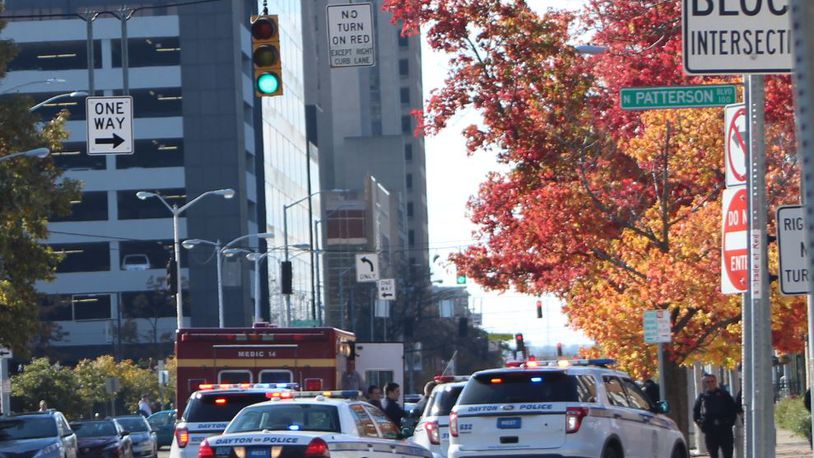The city has been able to maintain and enhance many of its core services using new revenue from its increased earnings tax, but the revenue generated by other major funding sources are not sufficient to offset rising costs, officials said.
“Long-term, continued cost containment will be necessary given the cost of government likely will not keep pace with the growth in revenues,” said Barb LaBrier, Dayton’s director of management and budget.
RELATED: Dayton’s 2017 budget has growth in spending, revenue
In 2018, the city expects to take in $173.2 million in general fund revenue, which is up 1.8 percent (or nearly $3 million) from 2017, according to the city manager’s recommended budget, released last week.
But the city projects it will need to spend about $1.7 million out of its cash reserves next year to achieve a balanced budget, with the money specifically being put toward investments.
Revenues have not grown enough to offset funding decreases from the state and other sources, officials said, and the city’s general fund revenue for 2017 is expected to fall $1.7 million short of the original budget projections.
A year ago, Dayton voters approved increasing the city’s income tax to 2.5 percent from 2.25 percent, which was projected to generate about $11 million more annually. The city a few years ago also implemented an assessment program that charges property owners to upgrade and replace street lights.
RELATED: Dayton’s income tax hike passes
But even with the additional funding, Dayton’s general fund revenue has not climbed back to its 2007 peak, which was shortly before the economic crash, said Diane Shannon, Dayton’s deputy director of management and budget.
General fund revenue sat at $174.8 million in 2007, but then dropped like a rock, declining by $23 million in 2010, city data show.
“We’re still $1.5 million less than the peak here,” Shannon said.
Income tax revenue fell off a cliff in 2009, but it has performed decently in recent years, especially with the new Issue 9 money, officials said.
The previous high water mark for the income tax was $113.8 million in 2006. Next year’s revenue is expected to be $123.54 million, which counts the additional income tax collections.
A notable funding increase in the city manager’s recommended budget relates to demolition.
The city plans to increase demolition spending by 50 percent to $1.5 million. That comes after a citywide survey of residents earlier this year found that 83 percent wanted the city to demolish more structures than it currently does.
But to achieve a balanced budget, the city, in addition to dipping into its savings, plans to reduce its general fund investments budget by $1 million and reduce fringe benefit rates and freeze health insurance transfer amounts, which combined would save about $1.43 million, said LaBrier, the finance official.
Other savings will come from a grant the city received to help pay to hire police officers, which is a multi-year subsidy, officials said.
“… we expected over a $5 million shortfall — this is our solve for that,” she said.
General fund personnel costs are projected to be $121.7 million next year, which is up 0.6 percent (or $756,500) from 2017.
The estimate assumes that the city will able to save about $1 million by not filling positions when they become vacant in a variety of the city’s smaller departments, LaBrier said.
About the Author
